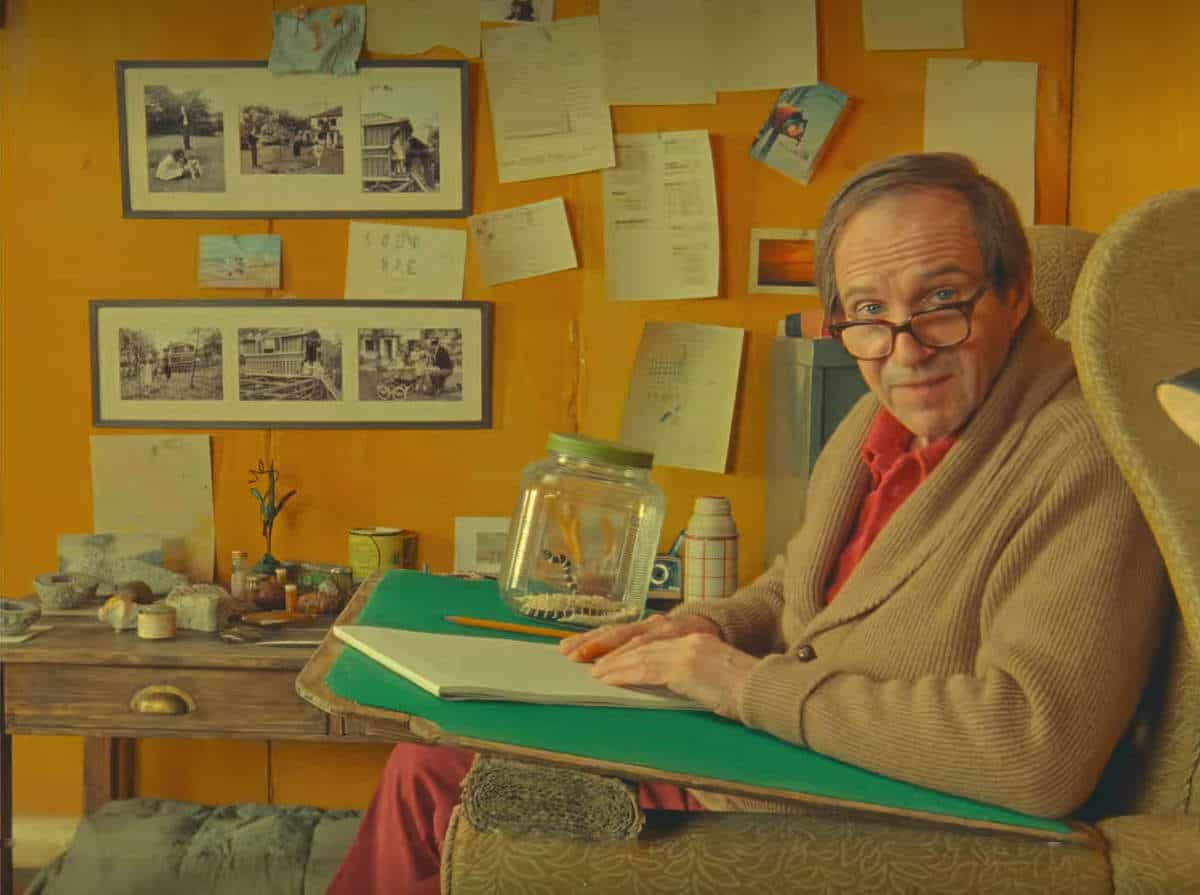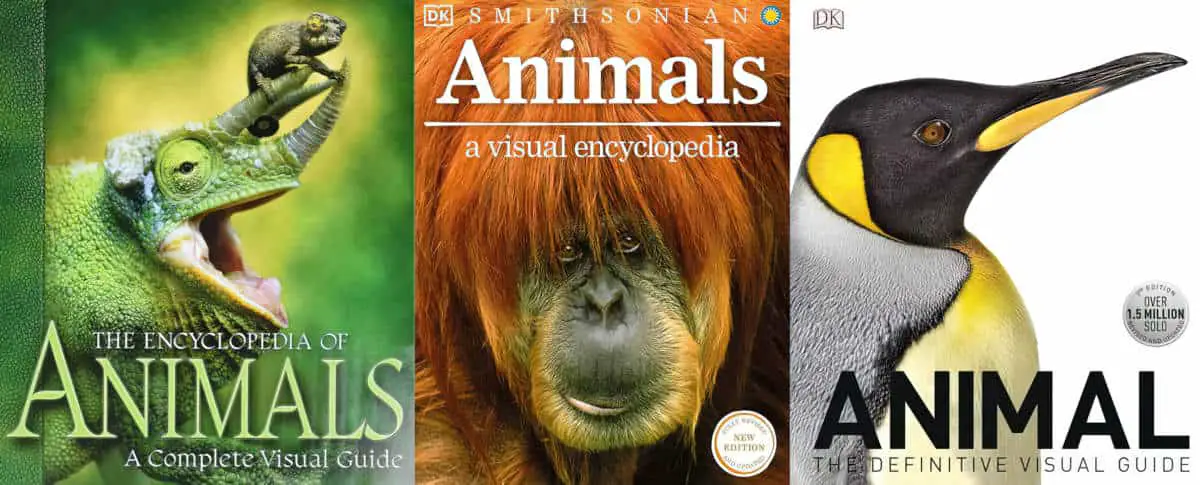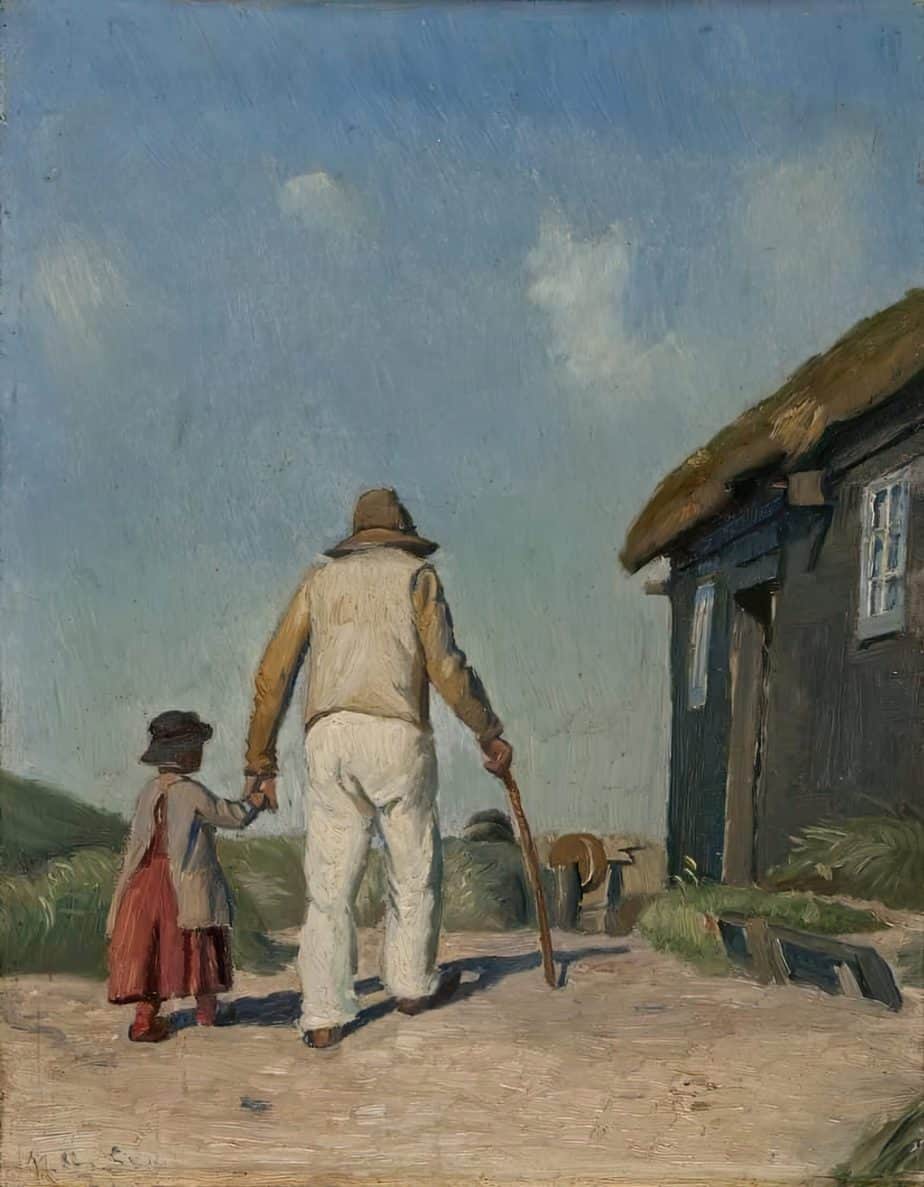-
Sea Oak by George Saunders Short Story Analysis
“Sea Oak” is a satirical, supernatural short story by American author George Saunders. Read it in the December 20, 1998 edition of The New Yorker.
-
Something I’ve Been Meaning To Tell You by Alice Munro Short Story Analysis
“Something I’ve Been Meaning To Tell You is a short story by Alice Munro, and opens Munro’s 1974 same-named collection. Two elderly sisters live together in a small tourist town somewhere near a lake in Ontario.
-
Henry Sugar by Roald Dahl: A Gay Love Story
“The Wonderful Story of Henry Sugar” is a 1977 short story by Roald Dahl, and the title of the collection containing seven stories altogether: In 2023, Wes Anderson adapted several Roald Dahl stories for film. “Henry Sugar” was one of them. THE RESONANT IMAGERY OF “HENRY SUGAR”: MONEY SCRAMBLE If you’re a fan of Breaking…
-
Memorial by Alice Munro Short Story Analysis
Have you ever showed up to extend care to a loved one in their time of need, but in an uncomfortable reversal, the object of your care has made herself busy taking care of everyone else instead? “Memorial” is a short story by Canadian author Alice Munro. Find it in Something I’ve Been Meaning To…
-
The Jaunt by Stephen King Short Story Analysis
“The Jaunt” is a science fiction short story by American author Stephen King. Even by King’s standards, this narrative is famous for its shocking ending.
-
The Swan by Roald Dahl Short Story Analysis
Roald Dahl did his level best to ruin swans for us. Personally, I didn’t need Dahl’s input in that regard. None of this is the poor mother swan’s fault. This story ruins swans by association. If you haven’t read it yet, be warned. The story features animal cruelty and bullying.
-
Poison by Roald Dahl Short Story Analysis

“Poison” is a short story by Roald Dahl. Find it in Someone Like You, first published in 1953. A man discovers a poisonous snake asleep in his bed.
-
Thought-terminating Clichés: Definition and Examples

Thought-terminating clichés, or thought-ending clichés are also known as semantic stop-signs or thought-stoppers. bumper sticker logic. They’re a type of banality, clichéd thinking or truism.
-
The Turkey Season by Alice Munro Short Story Analysis
A shy 14-year-old girl goes to work one winter at the nearby Turkey Barn, where she is introduced to the adult world for the first time. Looking back as an older woman, she interprets this time differently.
-
“A Visit” (“The Lovely House”) by Shirley Jackson Analysis
This Shirley Jackson short story goes by two titles. Penguin decided to call it “A Visit” for their 2013 Dark Tales anthology, reverting back to the 1952 title. But for about half a century various publishers decided to call it “The Lovely House”. Yes, this is a haunted house story. But — surprise! — this…
-
Labor Day Dinner by Alice Munro Short Story Analysis
Well, it’s Labor Day here in Australia, that time of year when smartphones decide we must rise and shine a full hour earlier due to that sacrilegious custom called “Daylight Savings”. Why not enjoy an Alice Munro short story with that extra hour of daylight I now enjoy at the other end of the day?
-
How to Read an Animal Encyclopedia Together

If your animal loving kid wants to read an animal encyclopedia together, how to approach it? Here are some fun and light-hearted questions.
-
Grandparents in Art and Children’s Literature

Grandparents and children appear frequently together in children’s literature. How has the granny archetype changed over the years, and what does science say about the role grandparents play in the lives of children?
-
An Ideal Family by Katherine Mansfield Short Story Analysis
“An Ideal Family” is a 1921 short story by modernist writer Katherine Mansfield. This is a young Mansfield writing about the tiredness of ageing as an elderly man who feels disconnected from his family.
-
Cognitive Bias and Time Perception
We think older things are better than newer things. Old history is more interesting than recent history. If we’re already spent lots of time on it, we should spend more. If something took longer to produce, it’s worth more than something done quickly. If something endures, we should take it more seriously than something fleeting.